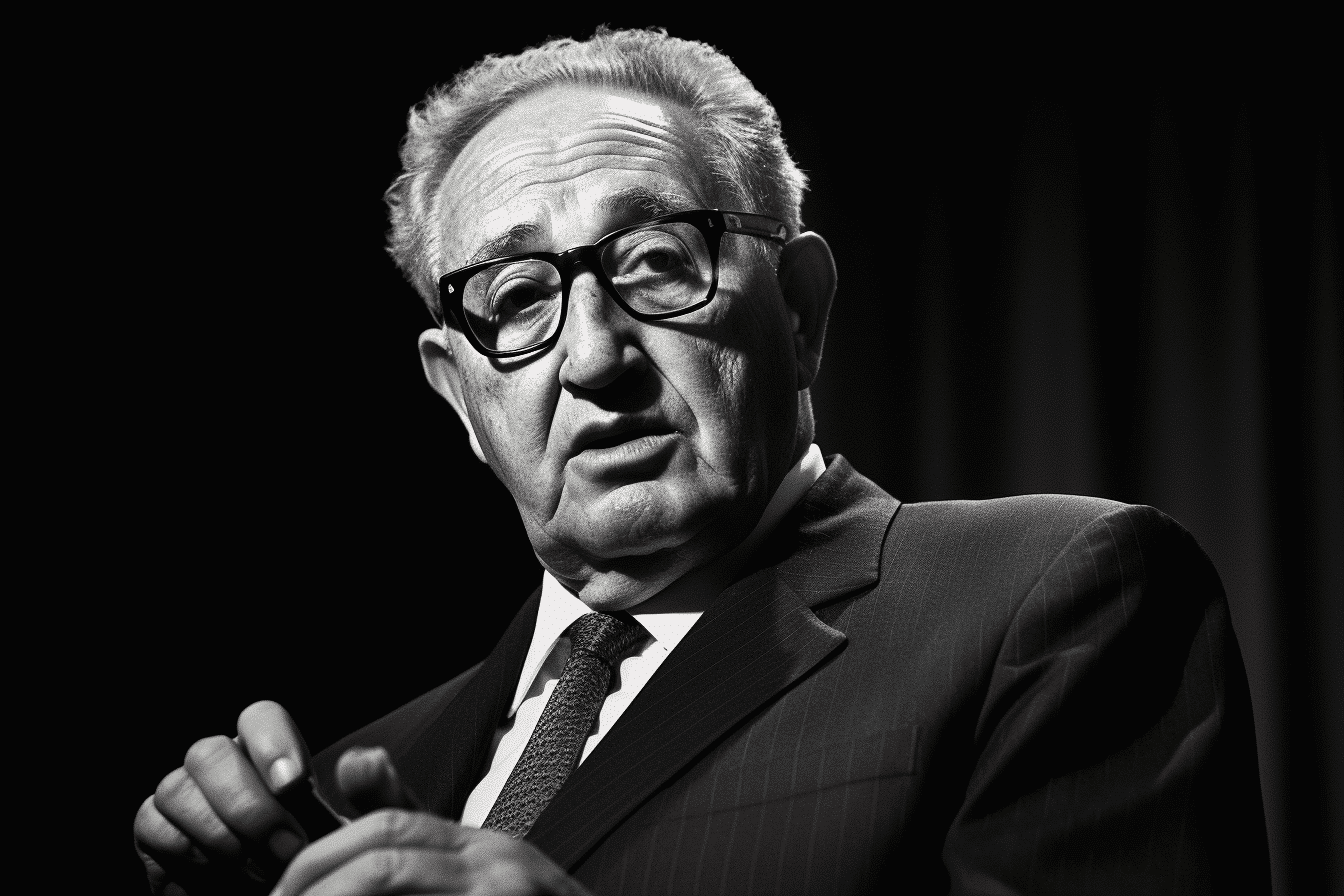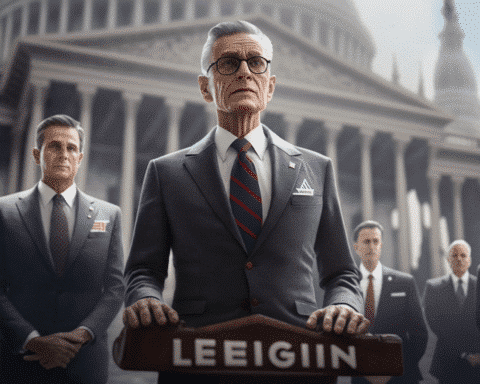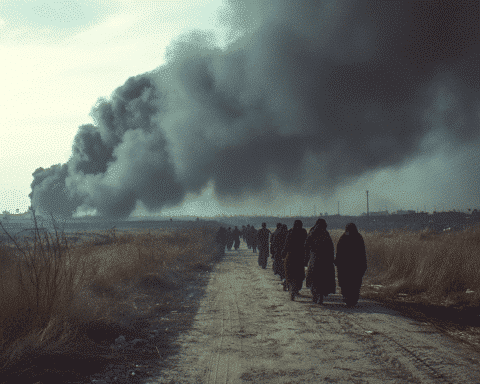The passing of Henry Kissinger at the age of 100 marks the end of an era in American and global politics. A figure who shaped critical moments of the 20th century, Kissinger’s death has reignited discussions on his complex legacy. As Secretary of State and National Security Adviser under Presidents Nixon and Ford, Kissinger was a formidable presence in U.S. foreign policy during the tumultuous Cold War period. His strategies, particularly his Realpolitik approach, have been lauded for their effectiveness and criticized for their ethical implications.
Kissinger, born in Germany in 1923, fled Nazi persecution and later served in the U.S. Army and the Counter Intelligence Corps. His academic prowess at Harvard led to his appointment as National Security Adviser in 1969, soon becoming a key player in international relations. His tenure saw significant developments, including ending U.S. involvement in Vietnam, opening relations with China, and mediation in the 1973 Yom Kippur War.
However, Kissinger’s methods have sparked controversy. His involvement in the bombing campaign in Cambodia and support for regimes like Augusto Pinochet’s in Chile have drawn criticism and allegations of prioritizing geopolitical gain over human rights. Former US President George W. Bush praised Kissinger as “one of the most dependable voices on foreign affairs.” In contrast, former UK Prime Minister Tony Blair hailed him as “an artist of diplomacy.” In contrast, Nixon’s daughters, Tricia Nixon Cox and Julie Nixon Eisenhower emphasized his unique and thoroughly American life story.
Notwithstanding the controversies, Kissinger’s role in shaping U.S.-China relations and his peace efforts in the Middle East have been acknowledged globally. Israel’s President Isaac Herzog and Chinese media have paid tribute to his contributions. Conversely, his actions in Vietnam and Cambodia and his support for repressive regimes have led to harsh criticism, as seen in Rolling Stone’s and Huffpost’s obituaries.
Kissinger’s response to criticism, as seen in a CBS interview, was typically dismissive, reflecting his belief in his decisions. His receipt of the Nobel Peace Prize in 1973, which was controversial and led to resignations from the Nobel committee, encapsulates the paradox of his career.
Even after leaving office, Kissinger remained influential, advising multiple U.S. presidents and world leaders and engaging with every Chinese leader, from Mao Zedong to Xi Jinping. His prolific writing and active participation in global forums extended well into his later years, including a surprise visit to Beijing in July 2022.
Henry Kissinger’s death has left a void in international diplomacy. His approach to foreign policy, marked by pragmatism and strategic insight, has been influential and divisive. As the world reflects on his century-long life, it becomes evident that Kissinger’s legacy is a complex mosaic of peace-making achievements and contentious decisions. He leaves behind a wife, two children, and five grandchildren, along with a legacy that will continue to be debated and studied for generations.




